Artificial intelligence (AI) has come a long way since its inception, and the technology is now capable of understanding as well as perceiving the data it’s given to work with. This means that AI-enabled machines are capable of generating their own data from experience, comprehending this data, and then taking the necessary course of action.
No, it cannot yet make you some pancakes! Well, it probably can!
This contrasts heavily with normal machines that work only on the data entered by the programmer. The end result is a machine that acts like a human being, capable of learning and thinking on its own.
No wonder tech companies are investing more on artificial intelligence and will be investing even more as the economy improves. Aside from the economic benefits, AI enhances productivity and the efficiency of a business. This is possible through the automation of low-level activities, which AI-based machines are able to perform with greater accuracy.
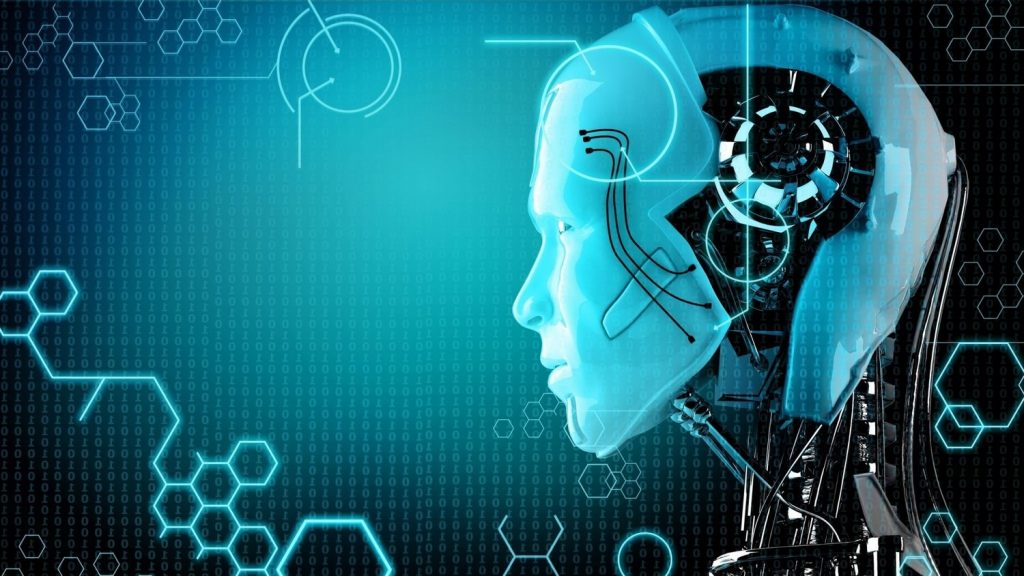
The technology can become familiar with the worker’s capability, get them acquainted with best practice, and assist workers in carrying out high-skilled jobs with higher efficiency and quality. As a result, employees get more free time to deal with complex problems that crop up in the course of business.
However, AI has its share of critics who believe that AI-powered technologies will actually mean fewer jobs for people. This is ridiculous thinking. Did cars put an end to jobs? Did the rise of the Internet put an end to jobs? How about 3D computing – is this going to affect the job market? How about the telephone? All of these technologies were criticized by someone who is woefully ignorant.
These arguments are concocted by people who are afraid of change. They are petty and annoying.
Moreover, all signs, however, point to a different reality – yes, “short-term displacement” is a possibility, but that will soon give way to long-term benefits that far outweigh the near-term consequences, such as the allocation of more jobs. How? Find out below:
Artificial intelligence is the solution
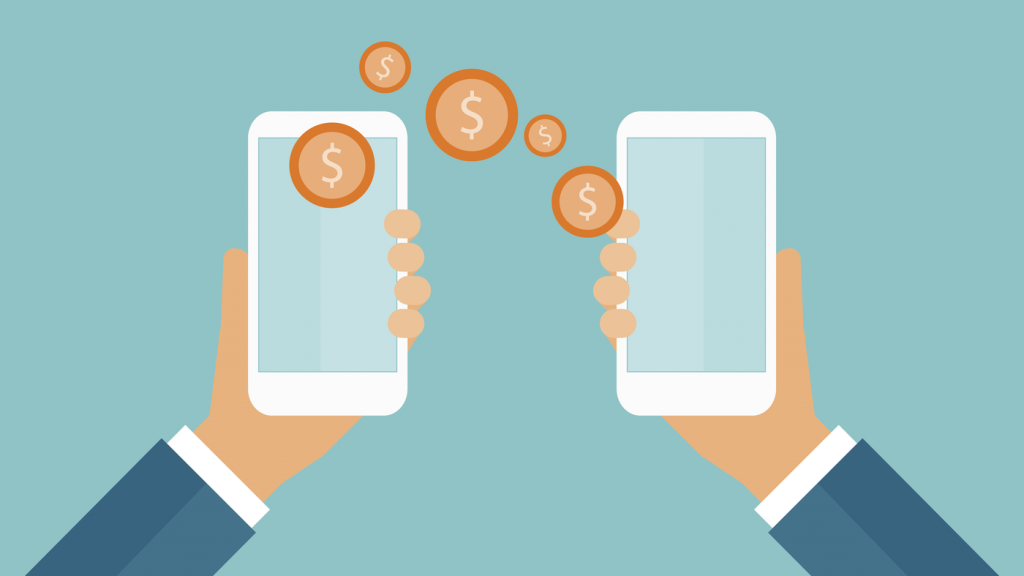
In the modern era, almost every industry utilizes AI in some way to simplify the lives of their employees. And a machine with a brain of its own is bound to make things easier. You could use AI in almost any workplace to decrease the workload and improve the quality and efficiency of the work simultaneously.
For example, if everybody had an AI-powered personal assistant, our lives would not only be easier but more organized. Not only can such assistants manage your work properly through their detailed power of understanding, but they can track the conditions in which you work to customize your schedule, so that you can lead a more satisfying life while increasing work performance.
This is for people who are busy, though. Not everyone needs a computer assistant.
Don’t be scared of jobs being pushed away
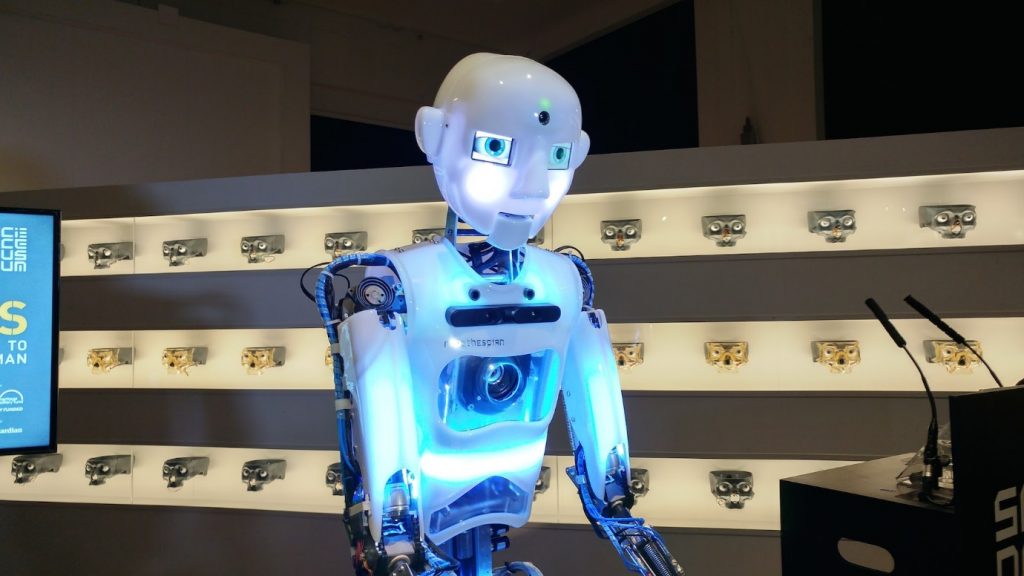
There is a constant worry that replacing human labor with technology can result in widespread unemployment, but this is completely unfounded. While machines can take on repetitive, tedious tasks like errands and scheduling, nothing compares to a human when it comes to generating innovative new solutions and approaches.
In fact, machines and humans can work together to enhance the existing technology and form high-tech tools meant for the future. Humans will still be responsible for initiating and developing new AI ideas, while the machines can help build this new technology with greater accuracy and speed than humans.
So, there is no question of one replacing the other. And it is already happening – in medicine, for example, machines trump doctors when it comes to performing surgery with higher precision, but doctors will be the ones manipulating the machines and taking critical, life-saving decisions.
The truth is, most of our fears about AI are disproportional, and based off television and movies. So instead of focusing on the “what-ifs,” if we approach the situation with a receptive mind, we will start noticing the benefits of AI. In fact, we should divert our energies toward ensuring that AI does not impact the environment in a negative way.
The existence of new job opportunities will give people the opportunity to employ their existing skillsets. Technology is simply developing and adjusting the current crop of jobs we have while incorporating AI within it. We can now alter the type of jobs we do and improve the scope of what we are able to offer, which will soon equalize improved productivity and in some cases already has.
But there’s a catch
Coming to the topic of decreasing jobs, AI is going to eliminate repetitive work, like factory-line jobs and manufacturing, which do not require any kind of original thought or creativity. But this is far from a negative thing as it can lead to higher number of jobs in the creative fields, technology, and consulting. There will always be jobs for semiskilled workers as well across the spectrum.
As the automation of a particular task rises, the demand for people to perform related tasks that are still above the machine’s capabilities and comprehension will increase.
AI requires a measured approach
The human aspect in business will persist despite the rise of AI. Artificial intelligence can greatly affect accuracy and efficiency. But we should not become complacent with AI. It is necessary to make sure that the education system adopts to equip the young generation with suitable skills and adaptability, while public and business organizations invest in training. Most importantly, imagination and the choice to experiment should be encouraged.
Organizations that use AI to innovate themselves will reap the advantages, and their growth will transform them into the main source of jobs in the future.
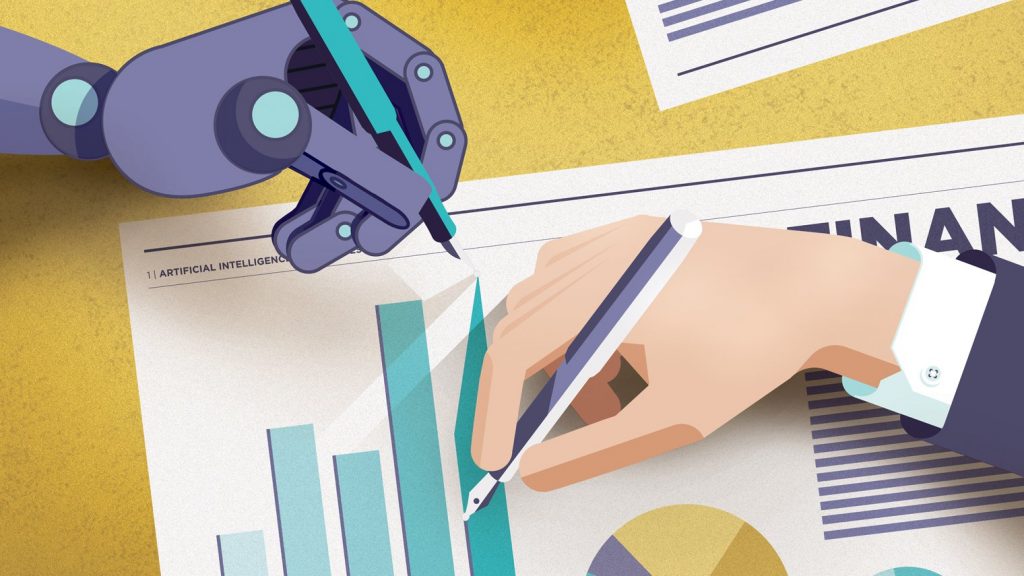
Companies can choose the way they implement AI in their systems. They can press the key — pun intended — for processes that make the lives of the employees easier while coming up with creative ways to leverage the new technology. It all depends upon how employers choose to ease the fear of the workers around AI and construct solid strategies that benefit all the parties involved.
Thus employers and employees need to work together to use AI and lessen the burden in their lives, creating a harmonious work-life balance.
Cusp of a new era
It’s not surprising that AI is the most transformative force in the global economy right now. We are at the cusp of a new era for applying AI in a large way to transform businesses. It is going to be a lot bigger than the current digital business wave, as it will completely transform the way humans interact with technology, and its workers and consumers.
In fact, workers can use artificial intelligence to their own advantage by improving their happiness levels, getting rid of worker exploitation, and improving productivity. This will seriously enhance the lives of the average employee, and pave the path for more opportunities in innovation and growth in the near term and further down the line.



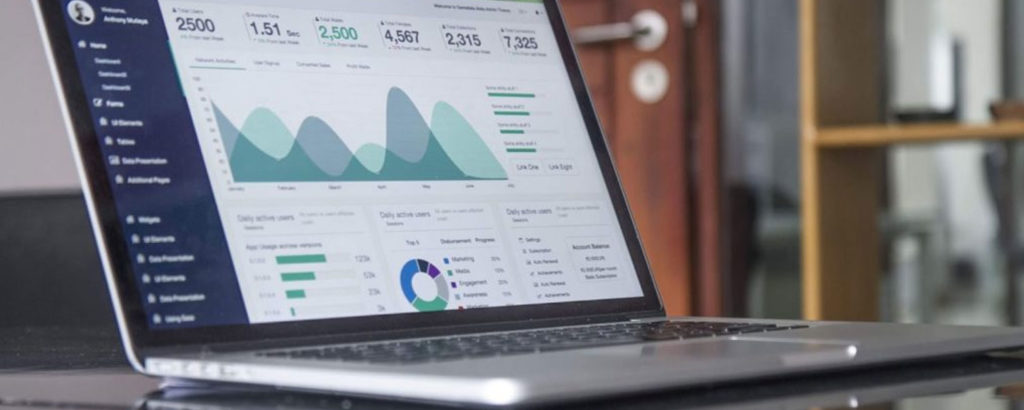
The good news is that AI can also be used by businesses to identify and protect against threats. Many network security providers like Lastline are leveraging AI that is automatically trained on both network traffic and malicious behaviors. This unique combination enables deterministic detections and reduces false positives.